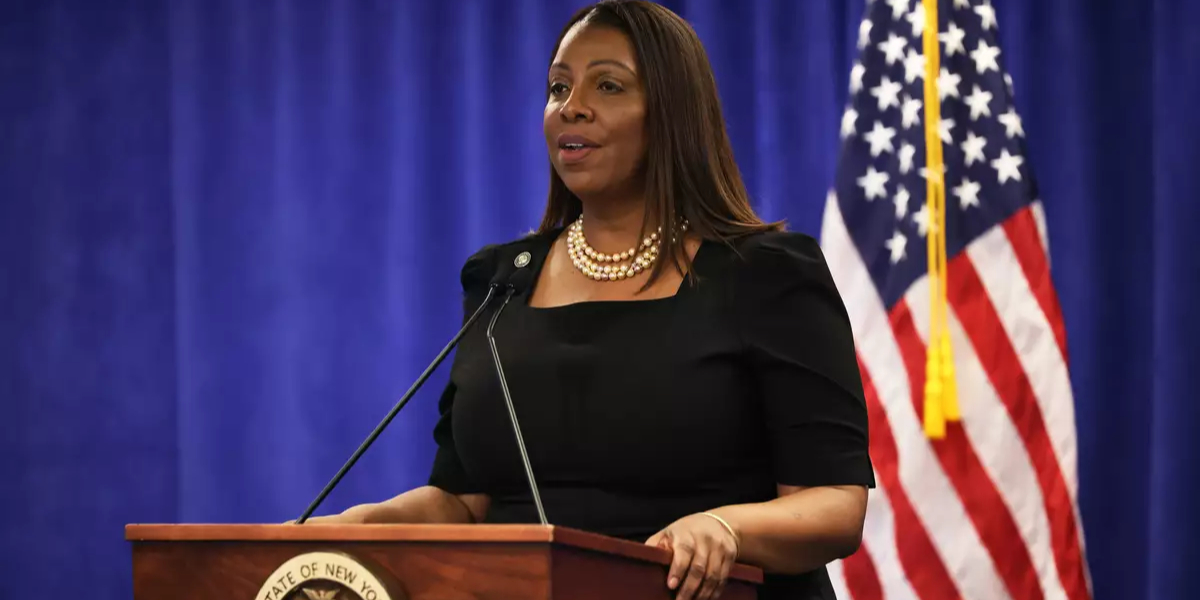The former president Trump’s golf resort and private estate, known as Seven Springs, is located in Westchester County. The New York attorney general’s office has filed judgments there as a first step toward seizing the property.
According to public documents, the judgments were submitted to the Westchester County clerk’s office on March 6.
Just over a week ago, Judge Arthur Engoron—who presided over the extensive civil fraud trial against Trump and his company—formally entered his multimillion-dollar verdict.
Trump, the Trump Organization, and high-ranking executives—including two of the president’s sons, Eric and Donald Jr.—were found guilty for fraud by Engoron after they planned to change the former president’s net worth in order to receive tax and insurance benefits.
He gave them an order to pay $464 million in total, interest included.
Trump has four days to come up with the money to post a surety bond for his $454 million portion of the judgment, plus interest, before New York Attorney General Letitia James (D) starts taking his property. The judgment would automatically be put on hold until Trump files an appeal of Engoron’s decision if he posts the bond.
James has stated that her agency plans to pursue “judgment enforcement mechanisms in court” in the event that Trump lacks the necessary finances to fulfill the decision.
The first step in trying to reclaim Trump’s properties is entering a judgment in the counties where he owns them.
Where Trump’s trial was held, in New York City, a verdict has already been rendered. There are the well-known 40 Wall Street and Trump Tower properties owned by the former president.
Trump’s attorneys acknowledged on Monday that, despite the former president’s “diligent efforts,” he was unable to obtain a full appeals bail because of a shortage of funds. Instead, he requested that the court accept a $100 million bond.
In an affidavit, Gary Giulietti, an insurance broker they engaged, stated that since the Trump Organization invests the majority of its assets in real estate, securing an appeal bond in the entirety of the judgment is “a practical impossibility.”
On Wednesday, however, James’s office refuted that claim, stating before a state appeals court that there is no law restricting Trump to a single bond from a single surety for the entire judgment amount in order to reduce “any individual surety’s risk.”
The state added that because of Giulietti’s “ongoing personal and professional relationship with Donald Trump,” Engoron believed Giulietti lacked credibility.
Monday is when Trump has to pay the bond; the trial was supposed to start on that day, but a last-minute document dump caused the proceedings to be postponed.












Leave a Reply